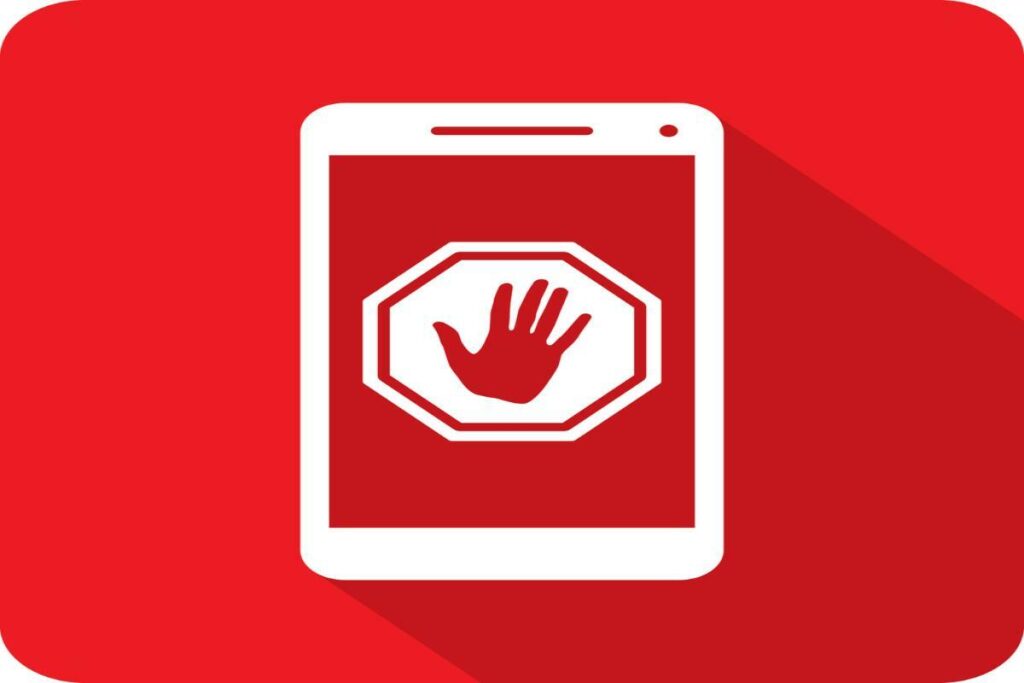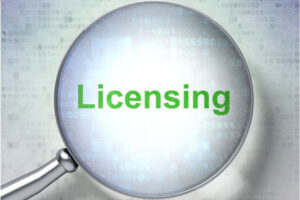Social media is a common outlet for many if not most, individuals in their professional and personal lives. Businesses benefit from advertising on social media and interacting with clients or patients. Individuals use social media for various reasons, including connecting with family and friends and airing opinions on different subjects. However, social media can also be problematic, particularly regarding one’s employment, business, and professional licensing board.
If you are facing investigation or a disciplinary proceedings before your professional licensing agency or board, steering clear of social media is likely your best option. An adverse decision in your professional licensing disciplinary case can seriously affect your career and livelihood. Therefore, immediately securing legal representation by an experienced Texas professional licensing agency defense lawyer at Bertolino LLP, is wise.
Social Media Usage Can Lead to Further Disciplinary Violations
Many individuals use social media platforms as a sounding board for their complaints and grievances about businesses, government entities, and others. While individuals certainly have the legal right to air their opinions in this very public forum, they are not immune to the often adverse consequences of their actions. For instance, an employee can complain on Facebook about a supervisor, co-workers, or job conditions. Still, those posts could result in discipline from their employer or even job loss in some circumstances.
Similarly, posting your frustrations or views on your pending disciplinary proceedings will not benefit you. Your disciplinary board inevitably will see your post, one way or another, and may find that you have further violated the rules of your profession by acting unprofessionally, divulging confidential information, or otherwise failing to behave honorably. Additional violations could lead to greater sanctions, placing you in a worse situation.
Furthermore, your profession may be subject to specific rules or laws that address social media usage and the consequences if you violate them. For instance, the Texas Board of Nursing has explicitly stated that social media posts may violate nurses’ duty to maintain professional boundaries, refrain from discriminating against patients, and observe patient confidentiality rules. As a result, if nurses make social media posts that violate these ethical or legal obligations concerning patient privacy or confidentiality, or if their posts are discriminatory or embarrassing to patients, they could be subject to discipline by the Texas Board of Nursing.
The Texas Medical Practice Act also forbids physicians and other medical professionals whom it licenses and regulates from engaging in unprofessional and dishonorable conduct. Making social media posts about ongoing disciplinary proceedings and divulging details about the complaint or complaining party could fall within the definition of unprofessional or dishonorable conduct. These posts could also divulge confidential patient information, leading to additional violations.
Social Media Posts Could Lead to Additional Negative Evidence Against You
The content of disciplinary complaints is often confidential until a resolution has been reached. Therefore, if you post information about the proceedings, and the complaint is later dismissed, you have released information about the alleged violations against you that might never have become public knowledge. Your posts may give you negative attention that otherwise might never have occurred.
Likewise, you cannot expect confidentiality when you post on social media. Anything you say on social media can be used against you. If you inadvertently provide details or admit a violation in your social media post concerning your disciplinary proceedings, you could give your licensing board additional damaging evidence against you in your case. You should refrain from discussing your case or events related to your case with anyone other than your attorney, which is the only relationship that is privileged and protected from discovery by your licensing board.
Social Media Posts Could Lead to Other Charges or Sanctions
In some cases, discussing your disciplinary case online puts you at risk of other charges or sanctions. For instance, if you are a medical professional, you are subject to the Health Insurance Portability and Accountability Act (HIPAA). If you include a patient’s protected health information (PHI) in your social media post, you violate HIPAA. Not only can that violation lead to additional disciplinary charges, but it also can result in you being fined by the U.S. Department of Health and Human Services (HHS) and even facing criminal charges.
Conclusion
While social media offers a platform for personal expression and engagement, it can pose significant risks, especially for professionals facing disciplinary proceedings. Posting about ongoing investigations or airing grievances related to one’s profession on social media can worsen the situation, potentially leading to further disciplinary violations and negative consequences. Given the profound implications for your career and livelihood, seeking legal representation from an experienced Texas professional licensing agency defense lawyer is essential. Legal counsel can guide navigating the complexities of disciplinary proceedings and help safeguard your professional reputation and future. It’s crucial to prioritize discretion and professionalism in all online interactions to minimize the risk of additional charges or sanctions for social media usage.
Click to contact our professional license defense lawyers today
We Will Protect and Defend Your Professional License
You can count on a Texas professional licensing board defense attorney at Bertolino LLP, to take all steps necessary to protect your license and career. We will investigate the circumstances that led to your disciplinary proceedings and devise the best strategy for your case. If you wait too long, it may be too late for us to make a difference in the outcome of your case. Call us today at (512) 515-9518 or contact us online.
Call or text (512) 476-5757 or complete a Case Evaluation form






